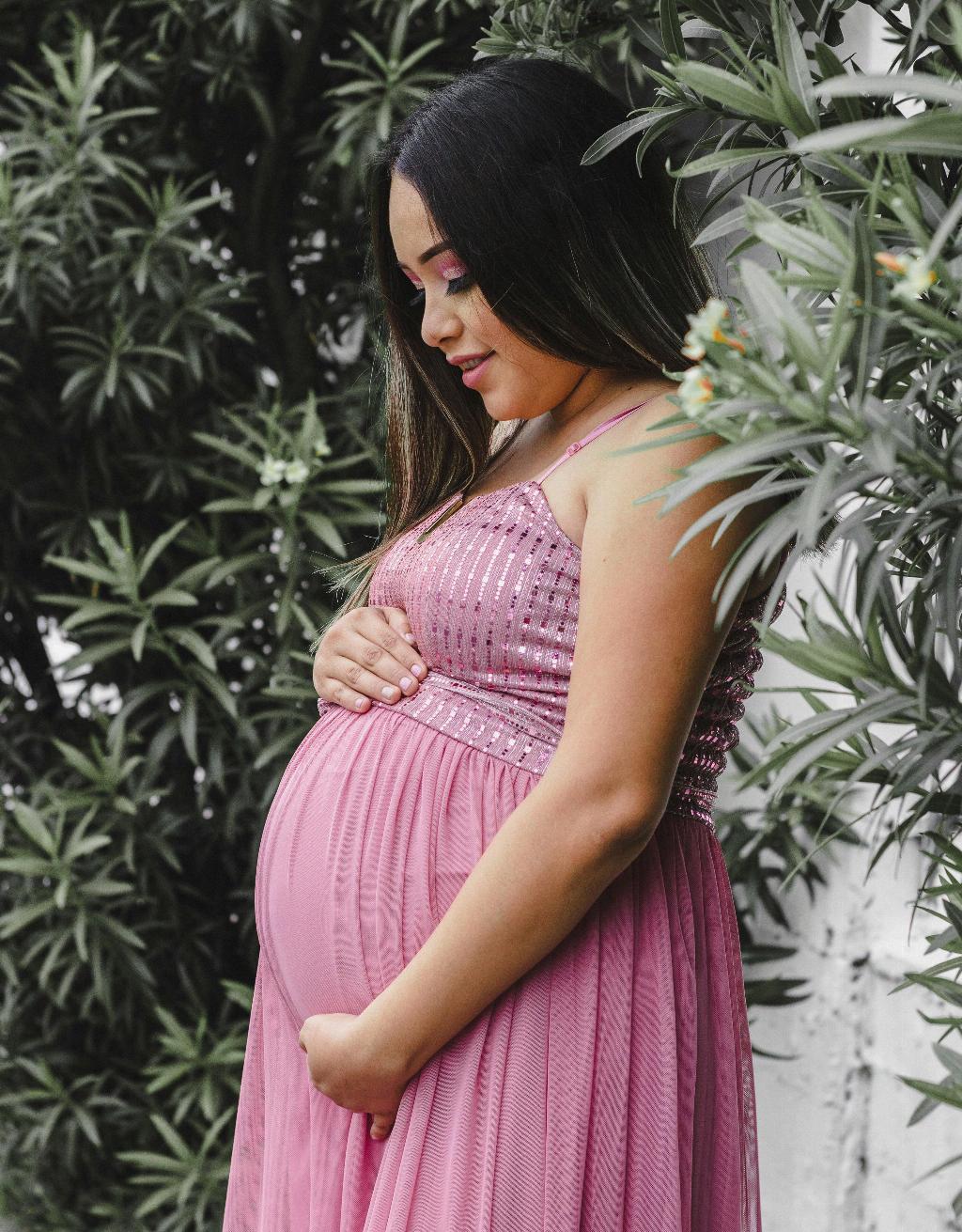When it comes to the question of whether it is safe to take CBD during pregnancy, it is essential to consider various factors that can impact the health of both the mother and the developing fetus. CBD oils are known to have therapeutic benefits, but it is crucial to exercise caution, especially during pregnancy, as the effects of CBD on unborn babies are not extensively studied.
Pregnant women are generally advised to avoid consuming CBD products, including CBD trips, due to the potential risks involved. CBD can pass through the placenta and reach the fetus, which raises concerns about its potential impact on fetal development. This is why healthcare professionals typically recommend pregnant women to err on the side of caution and refrain from using CBD products.
Furthermore, CBD oils are not regulated by the FDA, which means that the quality and purity of these products can vary significantly. During pregnancy, it is crucial to prioritize the safety and well-being of both the mother and the baby. Therefore, consuming unregulated CBD products poses an additional risk, as they may contain harmful substances or contaminants that could be harmful during pregnancy.
Studies on the effects of CBD during pregnancy are limited, and the existing research is inconclusive. While some studies suggest that CBD may have potential therapeutic benefits for certain conditions, such as pain and anxiety, more research is needed to understand how CBD specifically impacts pregnant women and their babies.
It is always best to consult with a healthcare provider before using any CBD products while pregnant. Healthcare professionals are equipped to provide personalized guidance based on individual health factors and can help pregnant women make informed decisions about their health and well-being during pregnancy.
Given the lack of conclusive evidence on the safety of CBD during pregnancy, it is prudent for pregnant women to prioritize caution and avoid using CBD products unless recommended by a healthcare professional. The well-being of both the mother and the unborn baby should always be the top priority during pregnancy.
While some women may be tempted to use CBD to alleviate pregnancy-related symptoms, such as nausea or pain, it is essential to explore alternative, safer options that are known to be safe during pregnancy. Healthcare professionals can provide guidance on safe and effective ways to manage pregnancy symptoms that do not involve the use of CBD products.
Additionally, pregnant women should be cautious about the potential interactions between CBD and any medications they may be taking. CBD has been known to interact with certain medications, which can pose risks to both the mother and the developing fetus. Consulting a healthcare provider can help prevent any potential adverse interactions.
Given the uncertainties surrounding the use of CBD during pregnancy, it is crucial to prioritize the health and safety of both the mother and the baby. Pregnancy is a sensitive period that requires careful consideration of all factors that could impact the well-being of the mother and the developing fetus.
In conclusion, while CBD may hold promise as a therapeutic agent for certain conditions, pregnant women should exercise caution and avoid using CBD products during pregnancy. Consulting with a healthcare professional is recommended to ensure that both the mother and the baby are kept safe and healthy throughout the pregnancy.

